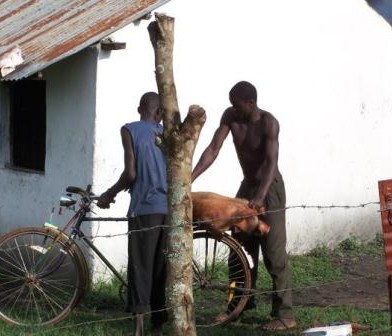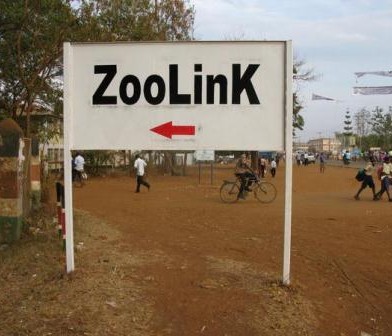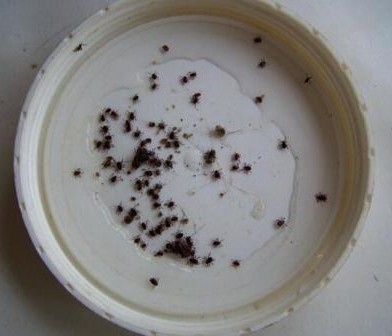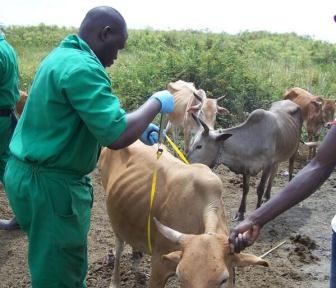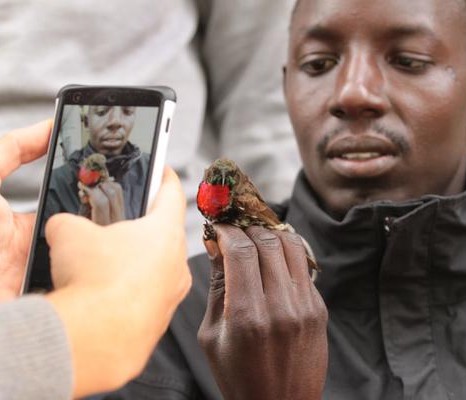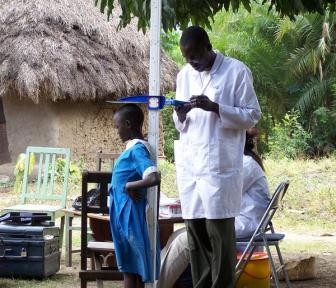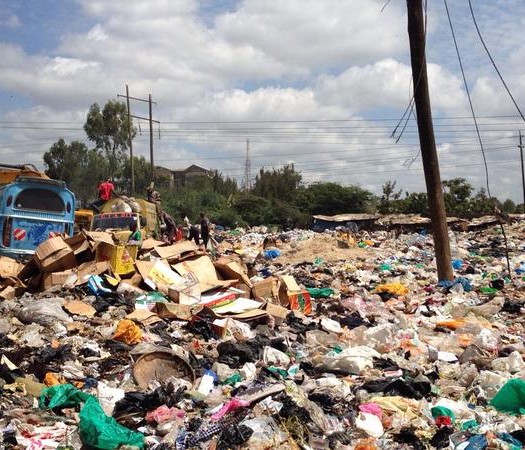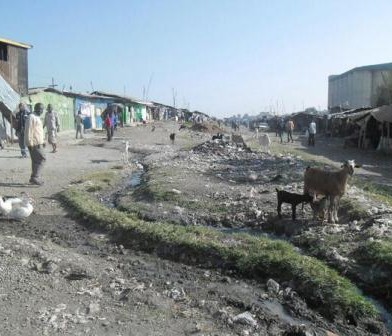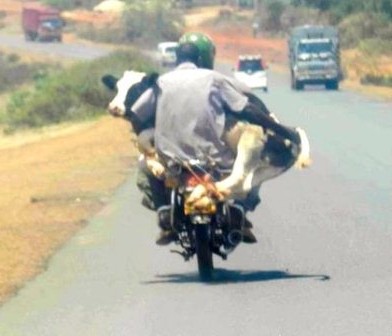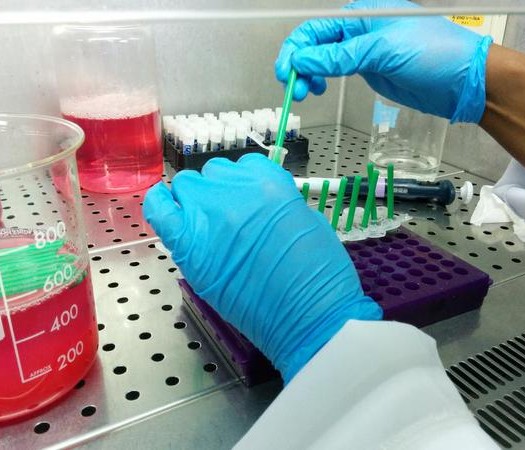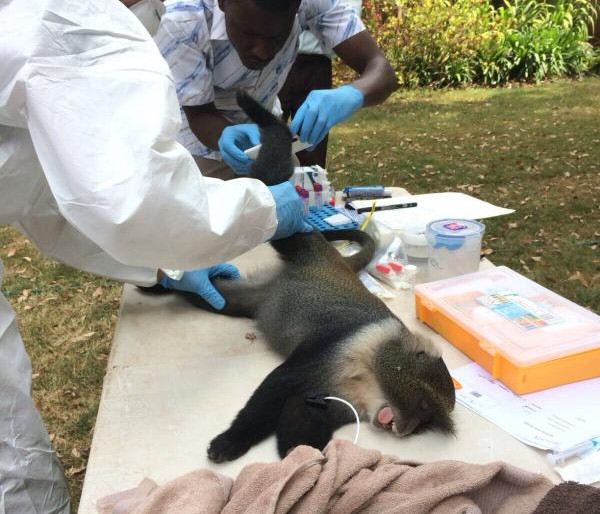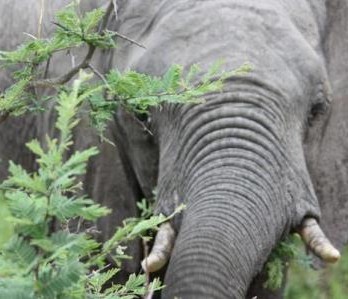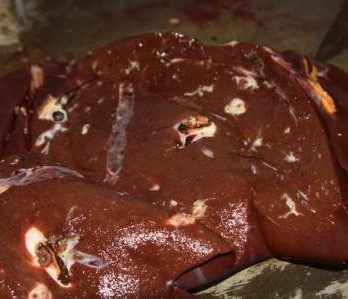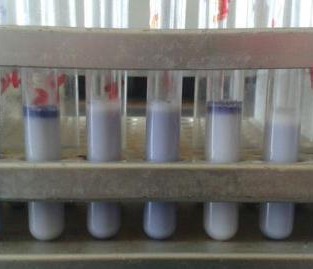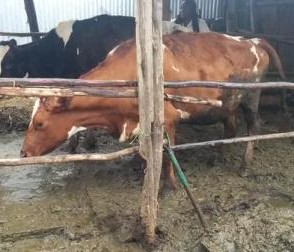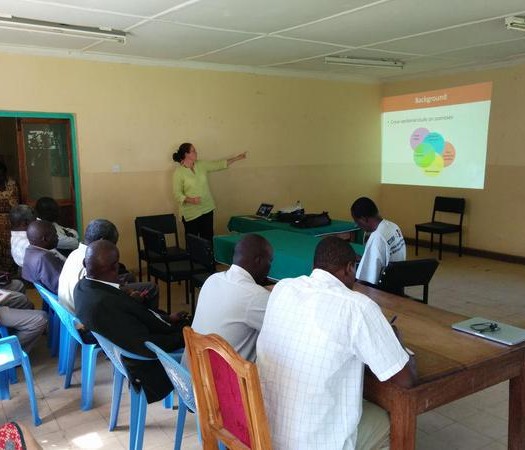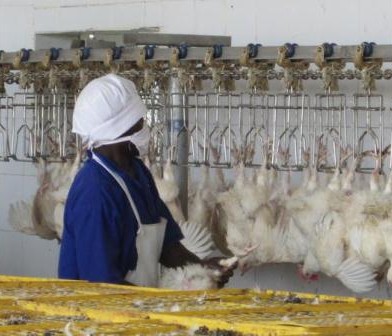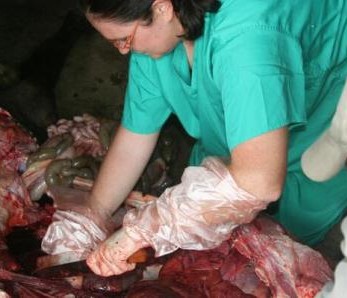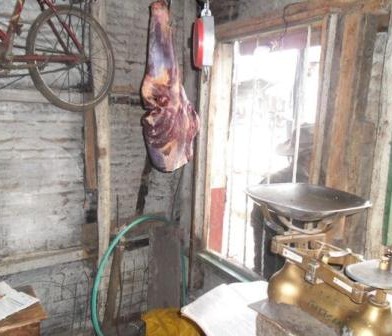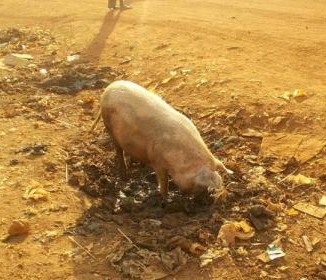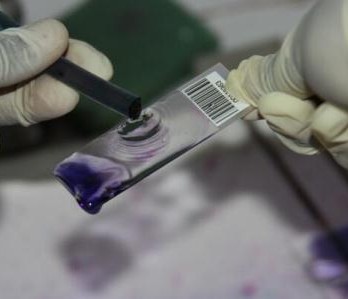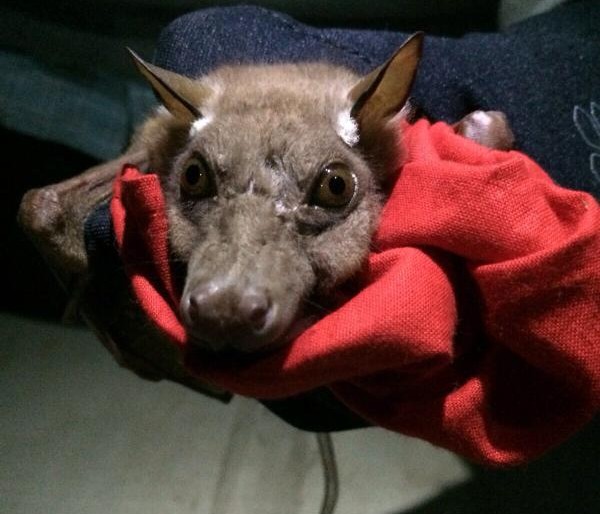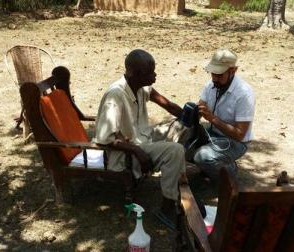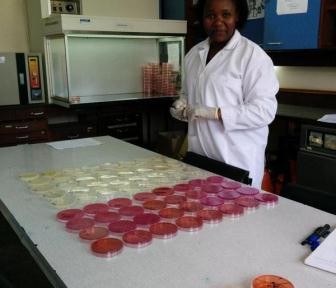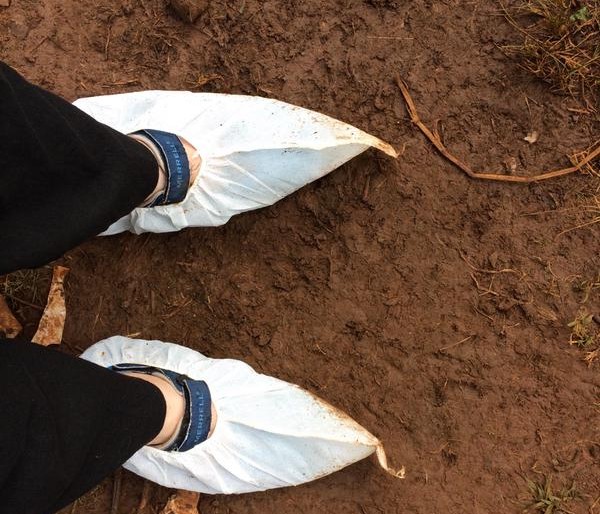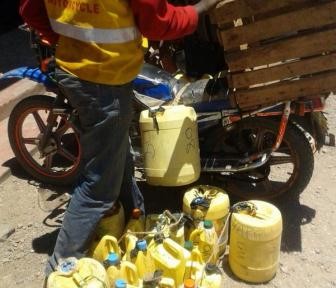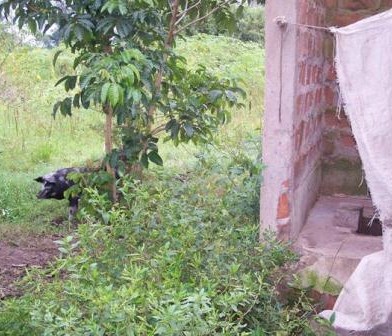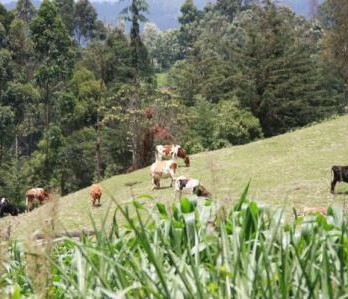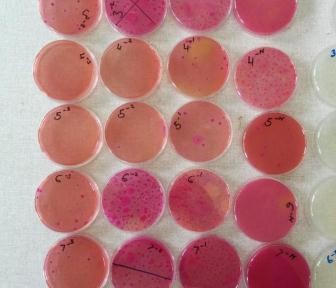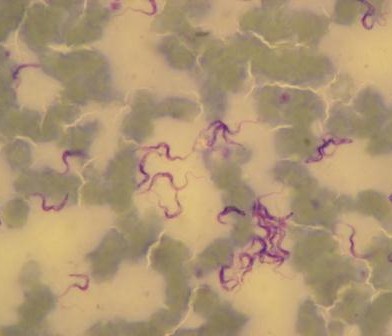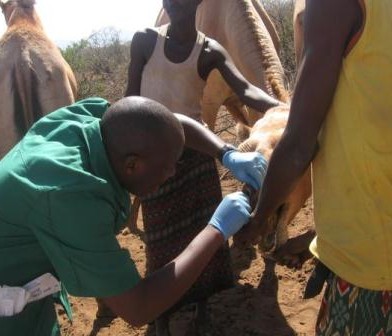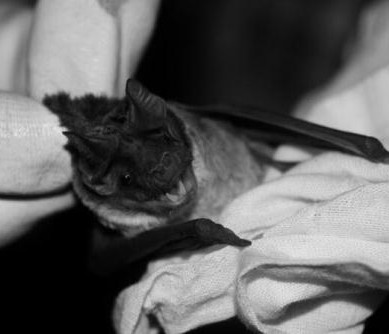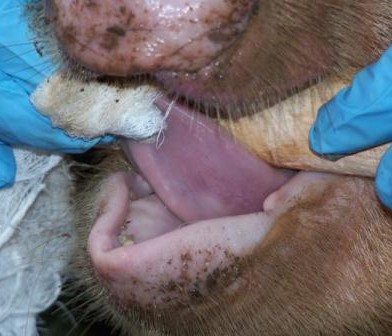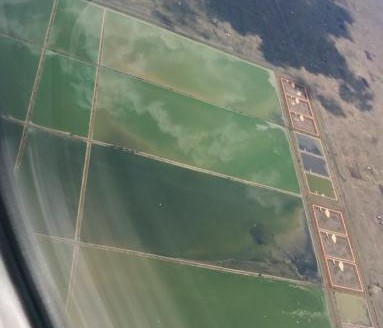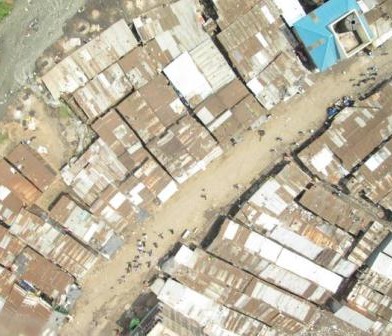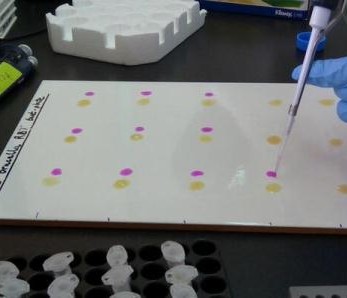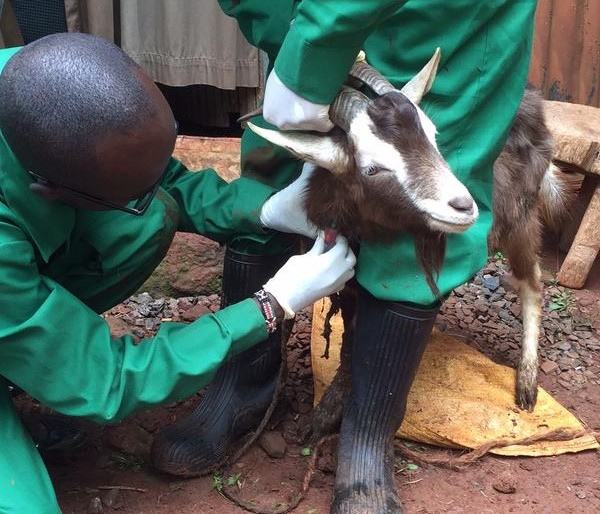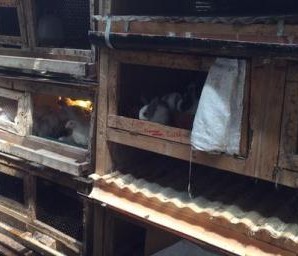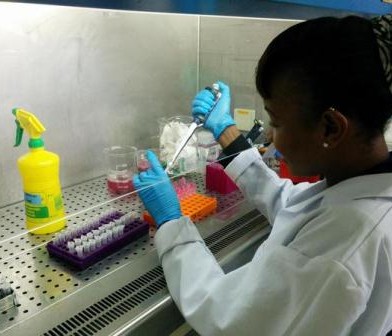Application Procedure
Applications should comprise:
- A completed applicant information form
- A copy of your full curriculum vitae
- A statement indicating the reasons for applying for this post and how your training and experience is relevant.
If you have any particular requirements should you be invited to interview, please make this clear in your application.
Detailed application procedures and further contacts are available on the University of Liverpool Current Vacancies site (https://www.liv.ac.uk/
The Department of Epidemiology and Population Health, one of three departments within the Institute of Infection and Global Health, invites applications for a post-doctoral epidemiologist position for the research study entitled “Epidemiology, ecology and socio-economics of disease emergence in Nairobi” which is funded by the Medical Research Council and other RCUK funders (BBSRC, NERC, ESRC) under the Environmental and Social Ecology of Human Infectious Diseases Initiative. The project is institutionally based at the University of Liverpool, although much of the work and day-to-day activity is centred on the city of Nairobi, in Kenya, and based out of our collaborative partner’s campus, the International Livestock Research Institute (www.ilri.org). The project is a multi-partner activity, involving five research partners in the UK and 4 research partners in Kenya. This position would be largely (90%) based in Nairobi, Kenya, within the PIs joint Liverpool-ILRI team, consisting of 4 PhD students, 6 MSc students and 10 technical and administrative staff.You will be accountable to Professor Eric Fèvre who is the Principal Investigator for this Programme. Currently Professor Fèvre is also based in Nairobi with the project team. You will be granted Visiting Scientist status at the International Livestock Research Institute, a status which will allow you, as a University of Liverpool staff member, to work in Kenya in collaboration with ILRI and to establish yourself locally (permits, allowances for importing personal belongings free of duty, purchasing a personal vehicle). The post includes an overseas support package (e.g. relocation allowance, housing allowance and international health insurance benefits).
You will be expected to work independently and to report regularly to Professor Eric Fèvre. You will be responsible for the implementation, organisation, co-ordination, documentation, planning and supervision of the “UrbanZoo 99 household sub-project” and will manage data collection and curation, determining and carrying out appropriate statistical analysis, and producing reports and papers for publication in peer reviewed journals. This position will lead to a number of scientific outputs, and will require excellent scientific management and co-ordination skills. You will be adept at working under field conditions. You will be required to liaise with healthcare professionals, academics, study participants, policy makers and civil servants and other groups as needed as well as with the Project Manager and Field Co-ordinator for the study to ensure delivery of the activity on time and on budget. Excellent organisational skills, coupled with highly developed communication, relationship building and teamwork skills are therefore essential qualities for this post.
You should have a PhD in Epidemiology or a closely related subject and practical experience of working as an Applied Epidemiologist under field conditions.
- Ability to work both independently and as a member of an inter-disciplinary scientific team
- Ability to prioritise and organise own workload and to work to strict deadlines
- Capacity to give meticulous attention to detail, and consistent quality assurance
- A proactive and flexible approach to work and a willingness to undertake new tasks, undergo training and learn new skills as required, particularly in response to changing office technology and project development
- Ability to use discretion with sensitive information and to maintain complete confidentiality at all times
- Excellent interpersonal skills
- Team player
- Willingness to be based effectively full time in Kenya, in a supportive research environment
- Ability and willingness to travel within the study site with the project team and across collaborative organisations as required.
The Zoonotic and Emerging Disease group studies a range of epidemiological issues revolving around the domestic livestock, wildlife and human interface

